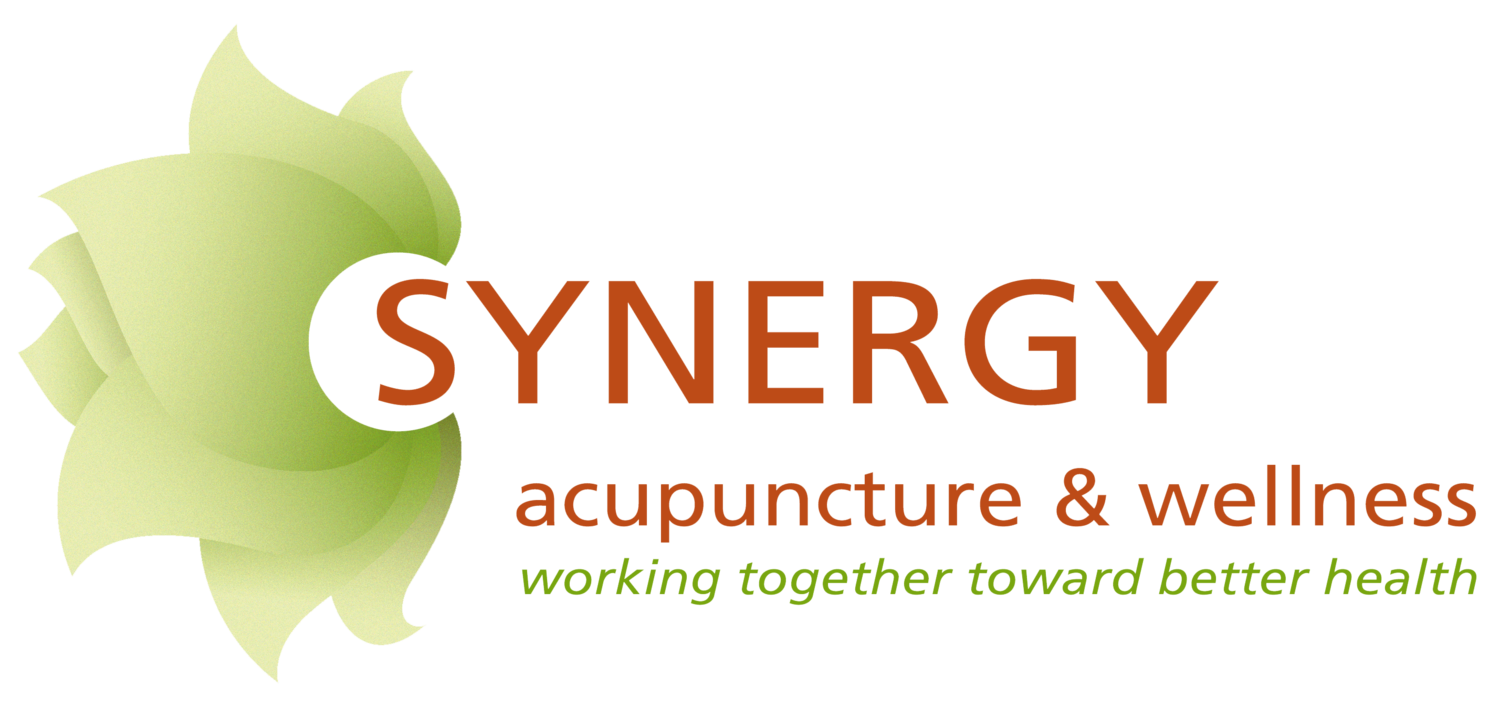One of the areas for which acupuncture has become most commonly accepted is in the area of fertility. As a practitioner I see first hand the positive effects that acupuncture can have on a very complex and highly individualized area of women's health. As with anything, there is no one sized fits all approach and each woman must choose what feels right for her. Two recent articles discuss some of the ways in which acupuncture and traditional chinese medicine can assist women undergoing in-vitro fertilization (IVF). For those who would like to read the articles in their entirety they are linked in the paragraphs below. US News & World Report's recent article "East Meets West: Treating Infertility with Acupuncture and Modern Medicine" discusses many of the ways in which acupuncture and TCM is used to assist women undergoing fertility treatment or experiencing fertility difficulties. The gold standard of success in fertility medicine is, of course, live birth rates. This article states that a recent study, which remains un-cited, did a meta analysis showing there was no effect of TCM/acupuncture on live birth rates. However, another article published soon after by Health CMI "Acupuncture Reduces stress for IVF Fertility Treatment", cites a specific meta analysis study which did see an increase in live births when TCM/acupuncture was used in addition to standard of care for women undergoing IVF.
Now this is where the former scientist in me kicks in a bit. It is always best when referencing research data to cite the publication in a way that those who are interested can easily locate and read the paper themselves. A lot of scientific data is often reduced to a 30 second soundbite which can easily be taken out of context or misinterpreted.
The discrepancy between the two articles is also an example of how science is continually evolving and being added to as our understanding and knowledge increase and as we continue to question historical data in order to improve upon it. What both articles, and your friendly neighborhood acupuncturists, agree on is the beneficial effects of acupuncture on women's stress levels and many other aspects of fertility including hormone and menstrual cycle imbalances. However it is important to note that improving fertility is not a one shot, or needle, deal. For most women, it can take several menstrual cycles to see significant improvements. A woman has a menstrual cycle on average every 28 days. So we have to wait 28 days to see if things such as PMS symptoms, menstrual irregularities, etc change or pregnancy occurs in response to a series of treatments. It can take a number of cycles to see more complex problems improve. This can be difficult for women anxious to start a family to balance against the ever ticking "clock."
The same is true for improving IVF success. A paper which is well known in IVF circles and which really started the acceptance of acupuncture as a useful treatment to be used during an IVF cycle is the 2002 paper published by a German research group. This study showed that two acupuncture treatments performed 25 minutes before and after embryo transfer resulted in a 42.5% pregnancy rate in the acupuncture group versus a 26.3% pregnancy rate in the non-acupuncture group. ("Influence of acupuncture on the pregnancy rate in patients who undergo assisted reproduction therapy" Paulus et al, Fertility and Sterility, April 2002) It is worth noting that this study did not look at live births as an outcome but rather pregnancy at 6 weeks post-transfer. In addition, this study is now over a decade old and much more research has been done since that time. Most TCM practitioners, and a continually growing body of research, would agree that a more involved treatment plan would improve the modest success seen by the Paulus group. Fertility is a delicately balanced, complex system which typically requires complex treatment.
IVF and fertility problems are incredibly stressful for both partners in a couple (hint, hint guys....this could help you too). Many doctors have now begun to recognize stress as an important factor in IVF success. It is not as simple as just deciding to not stress out. Stress is inherent in the process of assisted reproduction, so it is best to address it than to pretend it isn't there. Here acupuncture can help by signaling directly to the brain and the body to reduce its stress response. By calming the body's response, the negative effects of stress can be reduced. One of the studies discussed in the Health CMI article above found that the stress reduction benefit seemed to be dose dependent. In other words, women who underwent a series of treatments saw more significant stress reduction than those who only had a single treatment.
Dr. Licciardi is quoted in the US News article as saying “I do embrace acupuncture,” he adds. “I just don’t want to oversell it.” I would argue that this could be applied to western as well as eastern medicine. We have come to expect easy answers and "cures" from our practitioners regardless of their specialty. The important lessons we should all keep in mind is that each approach has both strengths and weaknesses. Both are continually evolving as new insight and data become available and neither has all the answers. And no, there is no magic bullet, pill or needle for much of what ails us. The road to health is also not a passive one. It requires the active involvement of all of the members of the team including patients, their partners and their practitioners. It is through the thoughtful use of a holistic, integrated and engaged approach that we can employ the strengths of all specialties to balance the weaknesses and help our patients reach their goals.
